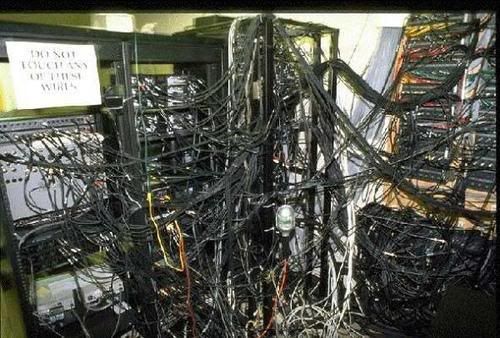hbiss
EC, New York NEC: 2017
- Location
- Little Falls, New York NEC: 2017
- Occupation
- EC
Why not post one of these LV tests so some of us uneducated electricians can have a crack at it and see why LV work so out of out league...
Actually I would like to see them myself but you miss the point. Say you want to do telecom or sound work. An applicant for a LV license that covers that work would have to provide documented OJT, work experience and education in that trade before he could sit for the test. So a person with a LV license is going to have a solid and specialized background in that particular trade.
Because an EC license and trade is so broad in scope it is impossible for someone to have experience and training in every area. That's why most ECs specialize. It would be unusual for someone in the electrical trade to have the specialized knowledge that someone who has worked solely in a LV trade has.
-Hal
Actually I would like to see them myself but you miss the point. Say you want to do telecom or sound work. An applicant for a LV license that covers that work would have to provide documented OJT, work experience and education in that trade before he could sit for the test. So a person with a LV license is going to have a solid and specialized background in that particular trade.
Because an EC license and trade is so broad in scope it is impossible for someone to have experience and training in every area. That's why most ECs specialize. It would be unusual for someone in the electrical trade to have the specialized knowledge that someone who has worked solely in a LV trade has.
-Hal

